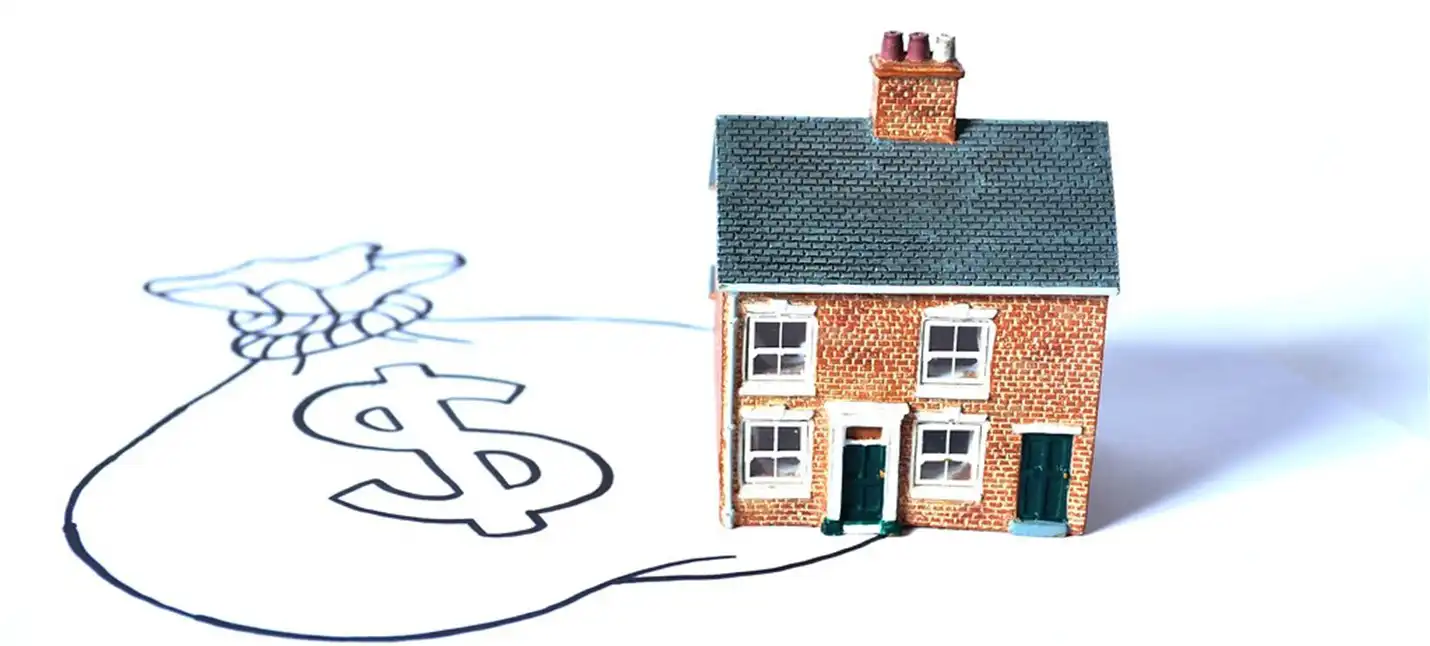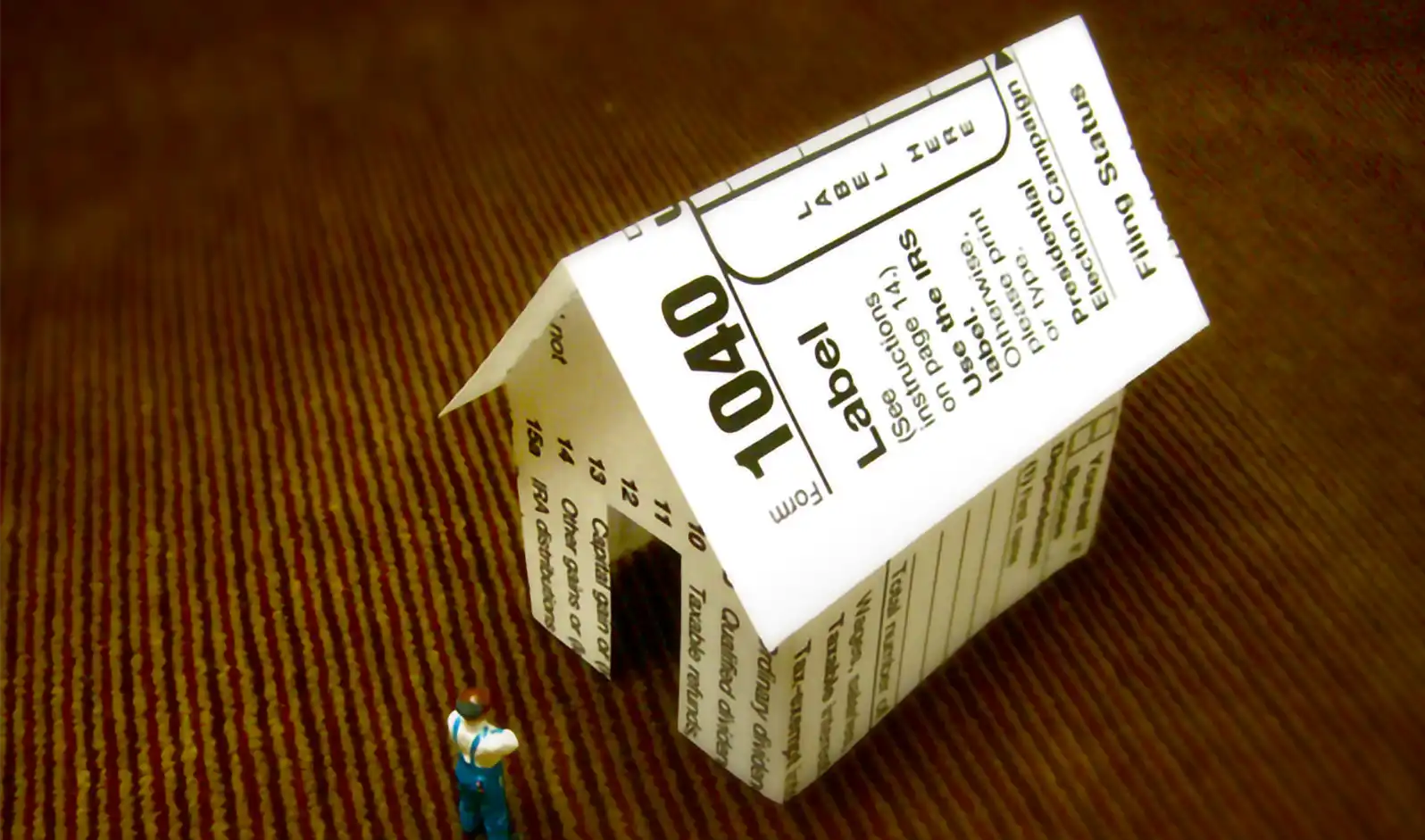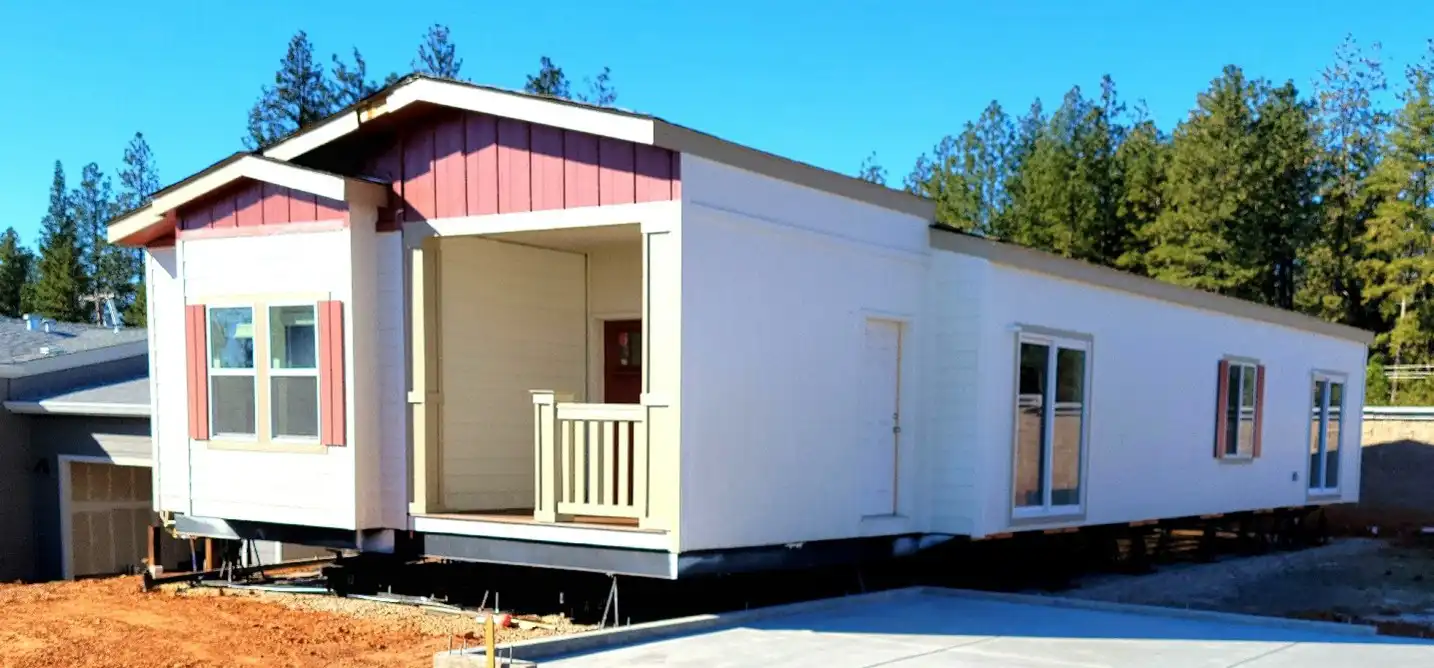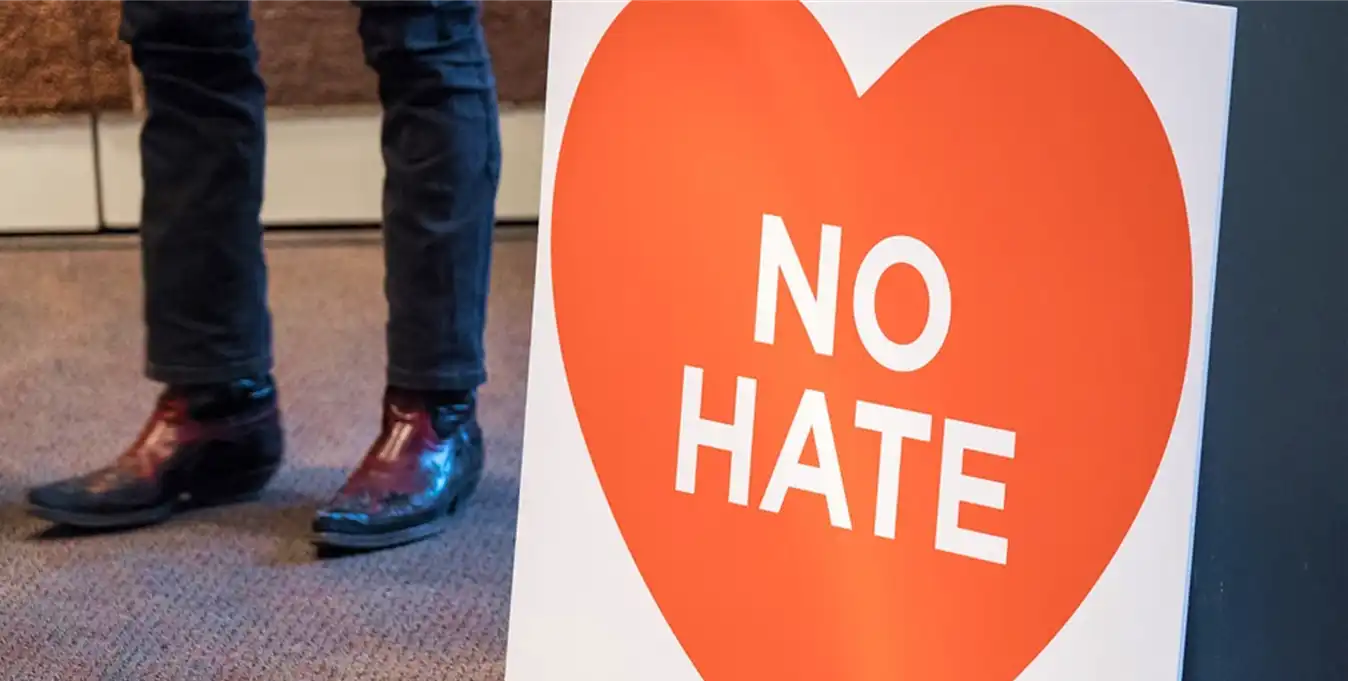Category: Real Estate
-

And “America’s Most Affordable Big City” Is…
In this beloved city, today’s typical deed holder needs a yearly income of $60K to live comfortably. Considering it’s a big city, this is a modest income. So this news is impressive. And so is the city itself. Frank Zappa even did a jazzy song about moving there, so you know there’s something to this.…
-

Shakeup at Freddie and Fannie: Update
How is that shakeup going so far? When we last checked in on things, new director William Pulte was slashing jobs at the Federal Housing Finance Agency. That’s the umbrella agency for Fannie Mae and Freddie Mac. Additionally, Pulte claims to have saved millions of dollars by eliminating programs related to climate effects and diversity.
-

“We Buy Ugly Houses” (And Other Ponzi Schemes)
We’ve all stumbled into bad deals at some point — but maybe not as painfully as Ronald. In 2017, a retired Texan named Ronald took some very questionable advice. It seemed like a good idea at the time. Ronald invested with a certain Charles Carrier, who owned (what appeared to be) a hugely successful franchise…
-

The Bulk of U.S. Home Deeds Are About to Be Passed Along. Millennials, Are You Really Ready?
A Realtor.com survey is out, showing 23% of millennials feeling ready to buy a home in the next six months. This is an interesting turn in attitudes. And it only appears with millennials. Just 15% of their generation felt ready in late 2024. If you happen to be a millennial getting ready to buy —…
-

Can Ohio Stop You from Transferring Your Deed to a Green Card Holder?
Ohio lawmakers are debating a bill that could restrict non-citizens, including green card holders, from purchasing land in large segments of Ohio. It would be the most severe law of its kind.
-

Time to Make Financing a Manufactured Home Easier. Meanwhile, What a Difference Holding the Deed Makes!
Manufactured housing — and this includes mobile homes — make up a key segment of financially accessible housing. Today, 18 million people have roofs overhead thanks to manufactured homes. Most own them. Most are deed holders who took out mortgages from banks or credit unions. But it wasn’t easy for them. Some applied for regular…
-

Married, and Not on the Deed. What Are My Rights?
Sometimes, only one spouse is named on the deed. This can be because one person already owned the home before marriage, or because one spouse inherited a deed. Or perhaps there are financial or tax advantages to having only one person on the deed and not the other. Or the sole named deed holder simply…
-

Will NAR’s Speech Code Be Shot Down in Texas?
Recently, a notable opinion column ran in Real Estate News. Ryan Weyandt, a real estate consultant, wrote: “There’s no place for hate speech in real estate.” That’s also the view of the National Association of REALTORS® (NAR), which in 2020 etched this position into its formal Code of Ethics, binding NAR’s agents. Why is this…
-

Tip Line Will Bust Lying Mortgage Applicants, Says Trump Administration (Before Going After New York’s AG)
The Trump administration believes mortgage fraud is out of control. So, federal officials now run a tip line, to get people to report suspicious behavior. The administration is so gung-ho about mortgage fraud that it’s even accused New York Attorney General Letitia James of filing improperly completed mortgage applications. That’s bullying, and the charges are…
-

We’re Inheriting a Deed Together (And My Co-Owner Has No Job)
Meet Terry, a new deed holder. Terry received the home from his mother. “My mother recently passed away,” as he tells the story. “I inherited the deed, with my sister. My mother was supporting her, but that’s come to an end.” His sister is already living in what used to be their late mother’s home.…















